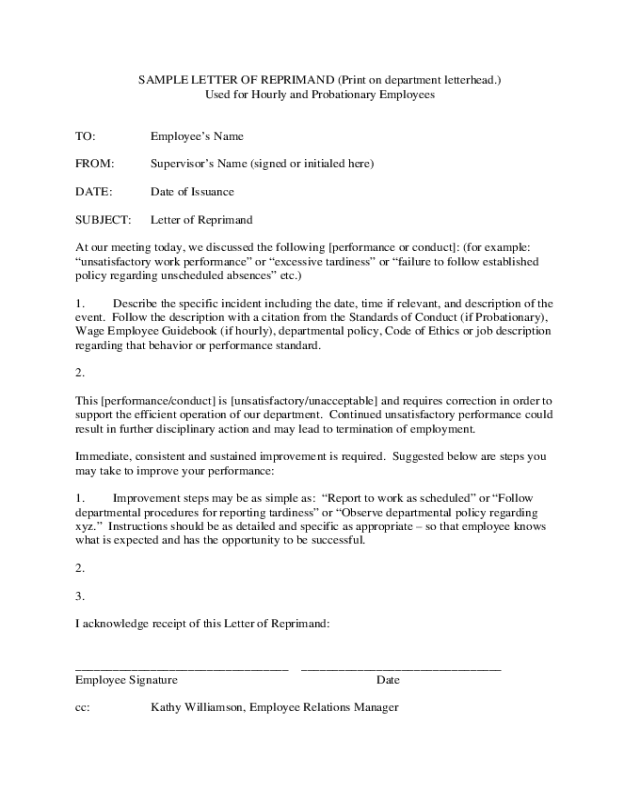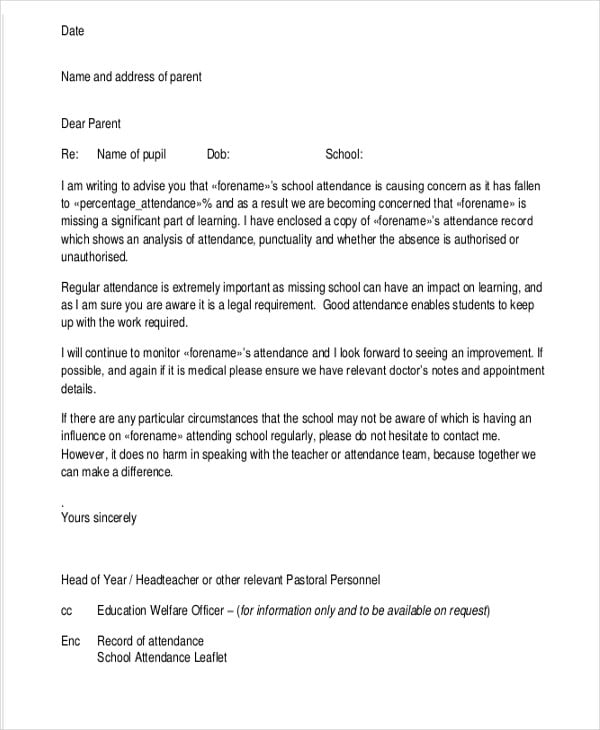

Attendance write up plus#
On the plus side, it’s possible that taking steps to boost morale in the workplace could reduce employee absenteeism. There can also be a vicious cycle regarding absenteeism and morale: frequent poor attendance reduces morale, and reduced morale can make it more likely that employees will call out sick or arrive late. It reduces productivity, increases office conflict, and creates more turnover. Low morale in the workplace can have a snowballing effect. When your coworkers aren’t putting in the same amount of work as you, it can reduce your enthusiasm, confidence, and willingness to go above and beyond at work. That is particularly true when several employees frequently arrive late or do not come to work.

Working in an environment where an employee is consistently absent can seriously impact the morale of their coworkers. This means that the quality of work can suffer from the frequently absent employee and their teammates. They might be less engaged with the projects they’re working on and rush through them to meet deadlines.Īs we’ll discuss in the next section, poor attendance can hurt morale in the office. When people frequently miss days, it can mean they get out of their work flow. Not only can absenteeism lead to less work getting done, but it can also reduce the quality of the work that does get done. Not only is the missing employee not getting their work done on the days they miss or getting less work done on the days they are late, but other employees might lose motivation when their teammates are frequently absent. One of the most apparent impacts of poor attendance on a company is decreased productivity. Let’s look at some of the ways that having employees that are frequently missing work can impact your company. While any business owner or manager expects occasional absenteeism to crop up throughout the month or year, consistently poor attendance can negatively affect an entire organization. To determine what qualifies as poor attendance at your organization, you’ll want to look at the policies and procedures at your company, the typical level of absence expected in your industry, and work to understand the underlying cause of absence for any given employee. There isn’t one specific definition of what constitutes excessive absenteeism. Whether they’re dealing with a family emergency, feeling sick, or needing a mental health day to avoid burnout, it is perfectly reasonable for employees to be absent occasionally.Īt what point, though, does absenteeism become excessive? Regardless of how reliable and dedicated your team is, there will sometimes be circumstances when they need to miss work. When you’re running a business, absenteeism is something you can’t entirely avoid. Once you’ve had the opportunity to talk with them, it can help you work to find a solution and determine the next steps to take. When you first become aware of an attendance issue, it’s best to gather information and find out why an employee has been coming to work late or not at all. What is the best way to speak with employees about poor attendance? How should you go about communicating the way that their absenteeism has been impacting the business as a whole? Of course, at any business, you can also expect that people will have unexpected circumstances crop up occasionally and need to call out for a day or come in late.Īt a certain point, though, tardiness and absenteeism can become excessive.

When employees take time off from work for planned vacations or personal days, you can plan ahead to ensure that their absence doesn’t have a negative effect on productivity, team performance, profits, and work quality.


 0 kommentar(er)
0 kommentar(er)
